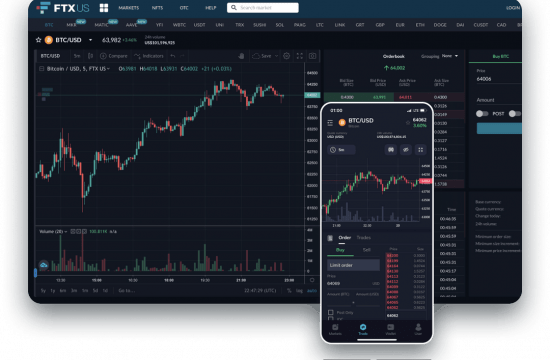The European Central Bank (ECB) has established a ‘markets advisory group’ to examine the infrastructure of its proposed digital euro and uncover its potential from the perspective of industry leaders.
The group, whose members will act in a personal capacity, also investigates the best way for the digital euro to function within the vast payment ecosystem of pan-European currencies. The committee includes 30 senior business professionals with proven experience and a broad understanding of the euro area retail payments market.
The team’s meetings will be held at least quarterly, starting in November 2021, and written consultations will be organised between meetings. A representative from the European Commission and representatives from Eurosystem national central banks will also participate in the group.
The team includes a number of well-known experts in banking and finance, including Jochen Siegert, global head of asset platforms at Deutsche Bank AG, Aleksander Kurtevski, CEO of Bankart, Antonio Macías Vecino, head of payments at BBVA, among others.
“I am pleased that many high-quality experts from the private sector are willing to contribute to the digital euro project. Their expertise will facilitate the integration of prospective users’ and distributors’ views on a digital euro during the investigation phase,” said ECB Board Member Fabio Panetta, Chair of the High-Level Task Force.
The ECB launched a two-year investigation into a digital euro as more consumers ditch banknotes and cash. However, the actual release of the ECB-backed cryptocurrency in the bloc’s 19 members could take another two years on top of the technology design and investigation stage.
ECB President Christine Lagarde said that the project would complement the existing banking system rather than trying to ‘jeopardize’ it. She added that the experiments to consider the merits of minting a ‘digital euro’ are going through a complex decision-making process.
The ECB chief was also keen to emphasize that the Frankfurt institution has not yet decided to issue a central bank digital currency (CBDC). But if all goes well, the central bank could launch a digital currency by 2025 if European regulators give the project the green light.
The central bank said it identified two trends in global payments, one is the increasing consumer preference for digital payments, and the other is the competition to dominate payments on a global scale.
The launch of a digital euro has been debated for almost three years now, but the bloc countries and their respective regulators are no closer to launching a unified cryptocurrency for their citizens.
An ECB-backed digital currency would revamp the traditional banking system like P2P transactions, machine-to-machine transactions, and better manage exchange rate and interest rate risk thanks to the programmable capabilities of crypto-like currencies.












